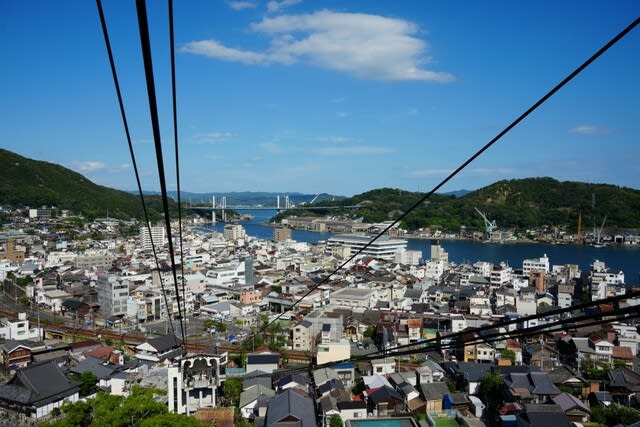2021/1/24
The following is from the book An Ultimatum to Anti-Japan by a former Korean Army Colonel.
The following is from the book An Ultimatum to Anti-Japan by a former Korean Army Colonel.
This book is a must-read not only for all Japanese citizens, but for people all over the world.
Especially those who make their living and subscribe to the Asahi Shimbun, a newspaper that not only takes pleasure in disgracing its own country to the world, but will go to any lengths to fabricate falsehoods to do so, and which is unique in the developed world.
Significantly, the so-called scholars are telling us to learn from Germany.
Those who make their living from the South German newspaper, which has been writing anti-Japanese articles using the anti-Japanese articles of this newspaper.
Those who subscribe to these newspapers and make their living through TV stations that air John Rabe's fabricated story of the Nanking Massacre every year at the end of the year as a regular event,
As a result, about half of the German people hold anti-Japanese beliefs.
The purported scholars in the U.S., such as Alexis Dudden, a proxy for South Korea, are a must-read.
Chapter 2: Korea as Seen by Foreigners and Nationals.
As we have seen, Japan and Korea differed in capacity.
Was Chosun the culturally rich country that the communists glorified it to be?
The following is a summary of what foreign intellectuals who observed Chosun on the ground for many years and their Korean predecessors of the same period observed.
Joseon, as viewed by 21 foreigners and six nationals, was, in a word, an uncivilized country of abject poverty.
From the words of Bak Jungyang
Bak Jungyang (1872-1959) was a bureaucrat of the Korean Empire and the Japanese Empire.
He was vice-chairman of the Central Council of the Korean Governor-General, advisor, and count.
He was a member of the House of Peers of the Empire of Japan until just before Japan's defeat in the Pacific War in 1945.
It is a disease of Koreans to pretend to understand without having the brains to think.
Koreans have a habit of forgiving or tolerating criminal acts as long as they are patriotic.
It is the habit of Koreans to criticize and malign others while putting their affairs on the shelf.
Those who are well-spoken are, without exception, con artists and cheaters who, while pretending to be righteous, verbally hide their incompetence.
It would help to learn more about a person's behavior than what he says.
Rather than believing rumors about others, judging a person's character by confronting them is essential, and considering others' stories only as a reference.
Koreans take too much for granted that they will cause trouble for their own families.
We must remember that the Republic of Korea was founded with the United States behind it.
There is no need to be patriotic to such a government, a nation that persecutes and slaughters patriots.
Why is no one criticizing them for being a self-appointed vassal state of the Ming and Qing Dynasties and paying tribute to them by offering tribute to women, ginseng, gold, silver, etc.?
A nation should exist for the sake of its people.
There is no reason to be loyal to a nation or government that does not care about its people.
During the Japanese colonial period, every citizen in the country was a Japanese citizen, and to deny this fact is a silly excuse.
If the Americans were to leave Korea, Syngman Rhee would have no choice but to go into exile, as if he were running away in the night.
Why should we be loyal to a government that cannot protect the people's persons, safety, and rights?
Kim Ok-gyun, Park Yung-hyo, Philip Jaisohn, Yun Chi-ho, and the rest of the Gaehwa Party are innocent.
Lee Wan-yong was a man who took reasonable measures to protect the nation and save the people during a national crisis.
In a society such as Korea, where tact and deception prevail, those who cannot or will not do so look foolish.
(See "Study of Ethnic Problems, Volume IX," Institute for Research in Ethnic Problems, 1996 (in Japanese).

2024/7/30 in Onomichi














